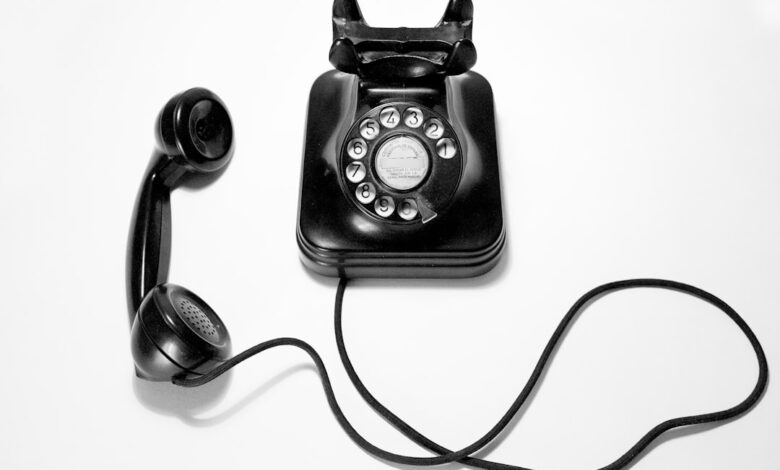Best Free Calorie And Macro Tracker

Keeping track of what you eat is a fantastic way to reach your health goals, whether you want to lose weight, gain muscle, or just feel better. But who wants to spend a ton of money on fancy apps? Luckily, there are some amazing free calorie and macro trackers out there! As someone who’s been there and done that, trying to navigate the world of nutrition without breaking the bank, I’m here to share my top picks and help you find the perfect one for you.
Why Track Calories and Macros?
Before we dive into the apps, let’s quickly talk about why tracking calories and macros is so helpful. Calories are the units of energy in food, and keeping an eye on them can help you create a calorie deficit (if you want to lose weight) or a surplus (if you want to gain weight). Macros, short for macronutrients, are the protein, carbohydrates, and fats that make up your diet. Tracking these can help you optimize your diet for different goals, like building muscle (more protein!) or having sustained energy throughout the day (balanced carbs and fats!).
My Top Picks for Free Calorie and Macro Trackers
Alright, let’s get to the good stuff! These are my favorite free apps for tracking your food intake:
MyFitnessPal
MyFitnessPal is a classic for a reason. It has a huge food database, meaning you can easily find almost anything you eat. You can search for foods, scan barcodes, or even manually enter the nutrition information. The free version lets you track calories, macros, and even some micronutrients. It also connects with other fitness apps, which is a nice bonus if you’re already using something to track your activity.
One thing to keep in mind is that some of the more advanced features, like customized macro goals based on specific diet plans, are only available with the premium subscription. But for basic calorie and macro tracking, the free version is more than enough to get you started.
Lose It!
Lose It! is another popular option with a user-friendly interface. Like MyFitnessPal, it has a large food database and lets you scan barcodes. It also personalizes your calorie target based on your weight, height, age, and goals. I find their interface to be a bit cleaner and more intuitive than MyFitnessPal, which can be a big plus if you’re new to tracking.
Lose It! focuses more on weight loss specifically and includes a community aspect, where you can connect with other users for support and motivation. Similar to MyFitnessPal, the premium version unlocks extra features, but the free version provides sufficient tools for daily tracking.
Cronometer
If you’re serious about tracking micronutrients (vitamins and minerals), Cronometer is the app for you. While the other apps focus primarily on calories and macros, Cronometer provides a much more detailed breakdown of your nutrient intake. This is especially helpful if you have specific dietary needs or are trying to optimize your health beyond just weight management.
The food database in Cronometer is highly accurate, as they rely on verified sources. This means you can trust the information you’re seeing. However, this also means that the database might not be as extensive as MyFitnessPal or Lose It!, so you might have to manually enter some foods. The free version is quite comprehensive, though a paid subscription unlocks advanced analysis and customization options.
Tips for Successful Tracking
Okay, you’ve chosen your app. Now what? Here are some tips to make your tracking journey a success:
Be Consistent: The more consistently you track, the more accurate your data will be, and the better you’ll understand your eating habits.
Be Honest: It’s tempting to underestimate your portions or “forget” that handful of chips. But remember, you’re only cheating yourself!
Measure Your Portions: Eyeballing portion sizes can be surprisingly inaccurate. Use measuring cups and a food scale to get a better sense of how much you’re actually eating.
Plan Ahead: If you know what you’re going to eat for the day, you can enter it into your tracker in advance. This helps you stay on track and avoid impulsive decisions.
Don’t Be Afraid to Adjust: Tracking is a learning process. As you gather more data, you can adjust your calorie and macro targets based on your progress.
Focus on Progress, Not Perfection: It’s okay to have off days. The goal is to develop sustainable habits, not to be perfect every single day.
Potential Concerns & Safety Tips
While calorie and macro tracking can be super beneficial, it’s important to be mindful of a few things. For some people, especially those with a history of disordered eating, tracking can become obsessive and unhealthy. If you find yourself feeling anxious or overly preoccupied with your food intake, it’s important to take a break and seek professional guidance from a registered dietitian or therapist.
It’s also important to remember that these apps are just tools. They’re not a substitute for a healthy relationship with food or a balanced diet. Focus on eating whole, nutritious foods and listening to your body’s hunger and fullness cues.
Frequently Asked Questions
Is calorie tracking accurate?
While calorie tracking apps strive for accuracy, there’s always a margin of error. Food labels can be off, and individual metabolisms vary. Focus on trends and progress rather than getting hung up on precise numbers.
Do I have to track every single thing I eat?
Ideally, yes, especially when starting out. The more data you collect, the better you’ll understand your habits and needs. However, you can adjust as you become more experienced and develop a better sense of portion sizes and calorie content.
Can I track if I have dietary restrictions (e.g., vegan, gluten-free)?
Yes! All of the apps mentioned have filters and databases that allow you to easily track your food intake while adhering to your specific dietary requirements.
How long should I track calories and macros?
It depends on your goals and preferences. Some people track consistently for months or years, while others use it as a short-term tool to learn about their eating habits and then transition to a more intuitive approach.
Finding the best free calorie and macro tracker really comes down to personal preference. MyFitnessPal, Lose It!, and Cronometer are all fantastic options with slightly different strengths. Experiment with a few and see which one feels the most intuitive and enjoyable for you. Remember, the key is to be consistent, honest, and to use tracking as a tool to support your overall health and well-being, not to stress yourself out! Good luck on your journey to a healthier you!
Related Posts
| Best Free Macro Tracking App |
| Best Macro Tracking App Free |



